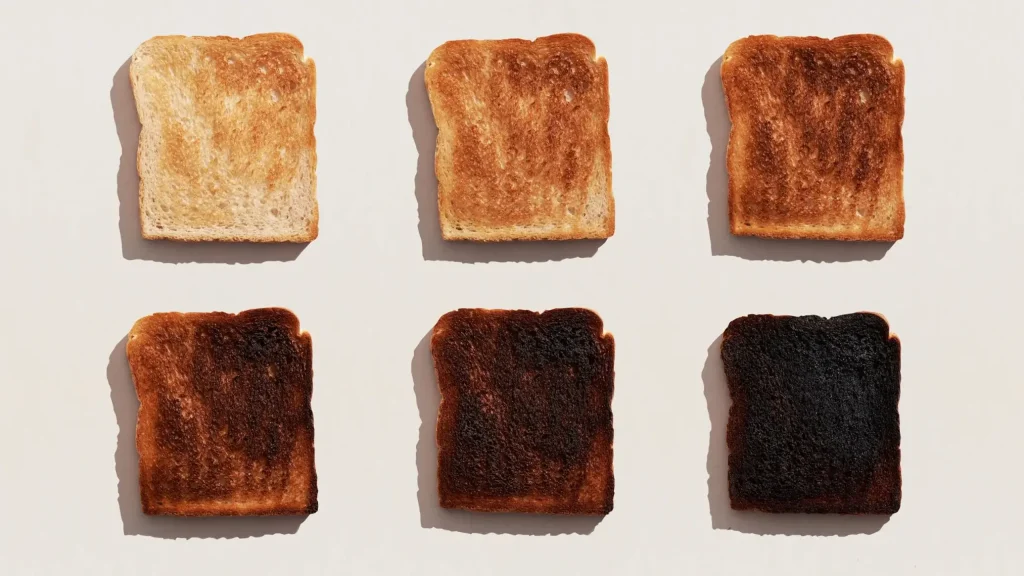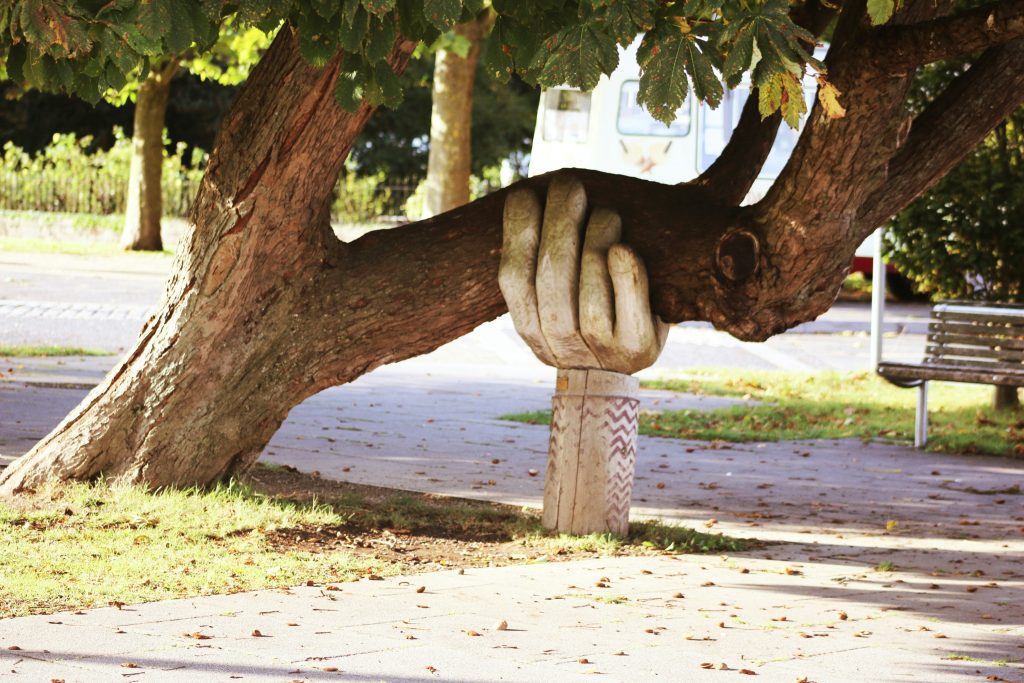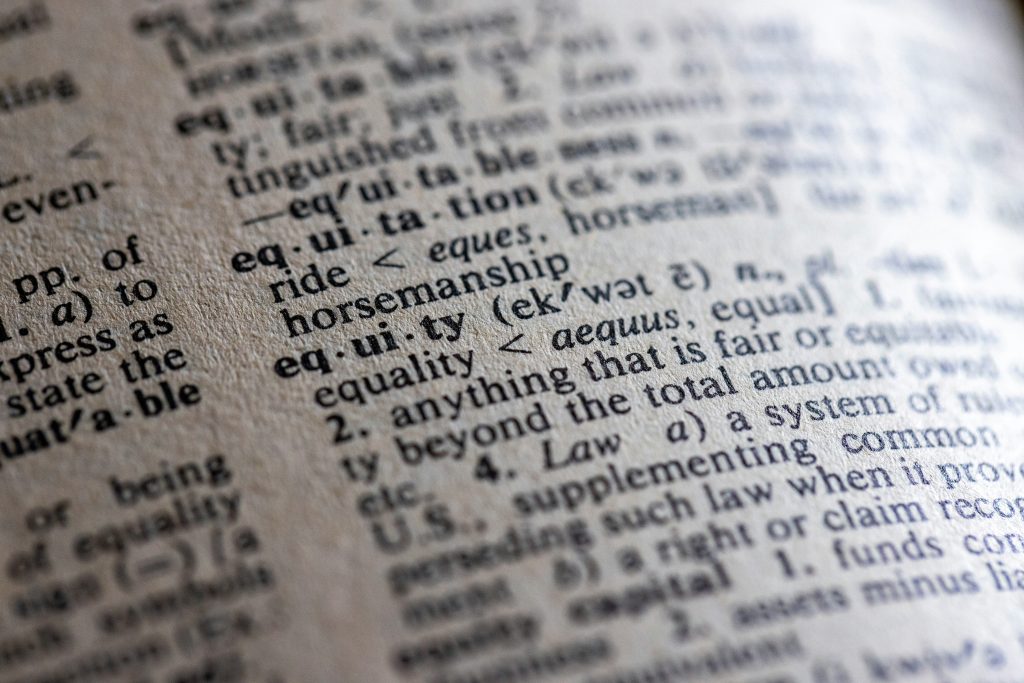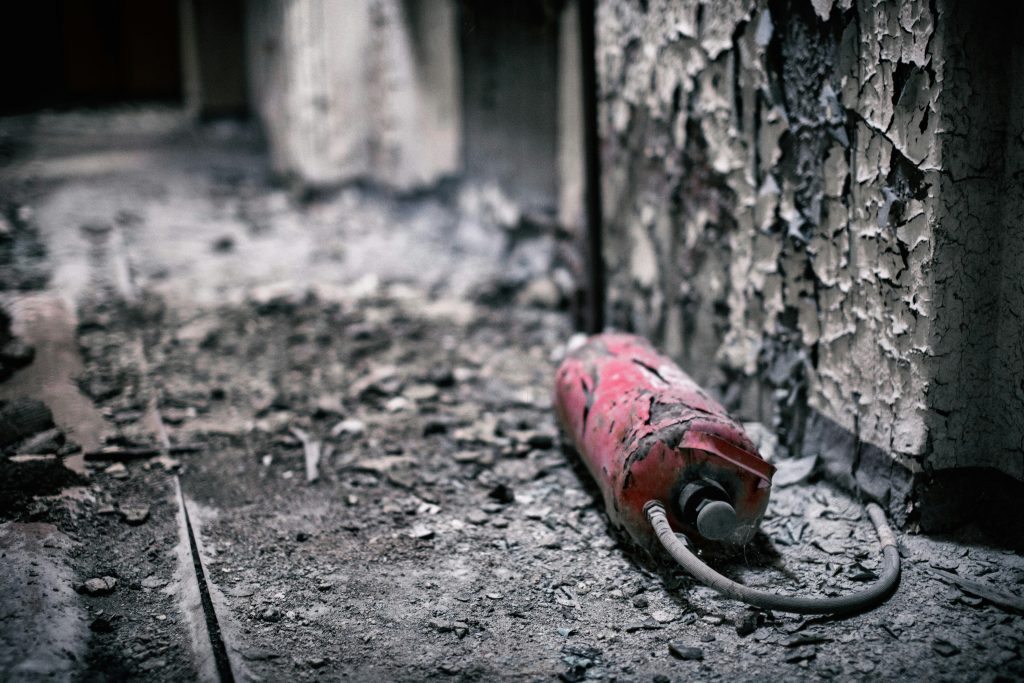
Serein Inclusion Team
3 min read
What we see online often plays a key role in breaking the mould of stereotypes. TV Shows have pushed forth in this domain, be it through the Chess masterpiece in the Queen’s Gambit or the Urdu dramedy in Chudails.
- All
- People and culture
- Domestic violence
- Life at Serein
Marginalised groups are often excluded from data, perpetuating systemic invisibility.
Training staff to support mental health crises saves lives and fosters a caring culture.
Active bystander ABCs: Assess safely, Be present (verbally/interposition), Call for authority support. Small actions prevent escalation.
Colourism in Kashmir reflects global biases, privileging lighter skin over diverse beauty. Is it representative of something deeper lying inside?
Financial literacy empowers marginalised groups to overcome systemic wealth disparities.
“Perfect victim” myths obscure truth. Acknowledging varied survivor experiences ensures fair investigations and justice rooted in empathy and evidence.
Sandhu’s “Chauthi Koot” (The Fourth Direction) is a harrowing Partition tale exposing deep religious divides & the human cost of communal violence.
Boomers to Gen Z: Each generation brings distinct values & work ethics shaped by unique times. Bridging gaps requires understanding, not stereotyping.
Navigating Gen Z, Millennials, Gen X & Boomers in one workplace? Our blog series explores clashes, synergies & strategies for true generational inclusion.
Equity isn’t equality. It requires targeted support, fair resource allocation & dismantling systemic barriers. Key strategies: data, policies, sponsorship.
Diversity & inclusion initiatives ring hollow without equity. Without fair access & opportunity, marginalised groups remain excluded. Equity is the essential foundation.
Inclusive design proactively considers diverse needs (disability, neurodiversity, culture) from the start, preventing exclusion & creating better solutions for all.
Silence around domestic violence hurts workplaces too. Recognise signs, offer safe support systems & flexible policies to help survivors heal & retain employment.
India’s Domestic Violence Act protects both parties in live-in relationships. Understanding this legal recognition is crucial for safety & seeking rightful recourse.
Cinema often sensationalises domestic violence. Responsible storytelling should highlight realities, survivor strength & pathways to support, not perpetuate myths.
Gaslighting is psychological abuse making victims doubt their reality. Recognise manipulation tactics, trust your instincts & seek support to break free from this.
Women have the right to protection orders, residence, monetary relief & legal aid under India’s Domestic Violence Act. Knowing these enables survivors to be safe.
Consent & boundaries are key. Domestic violence shatters both. Rebuilding starts with respecting autonomy & recognising coercive control as a violation of rights.
A break doesn’t break your career. With patience, purpose, and a little ‘me time,’ a restart can be a reinvention – on your terms, in your time, with confidence.
Career breaks don’t erase capability. With experience, adaptability, and the right support, women returning to work can lead fast, thrive faster and uplift teams too.






















